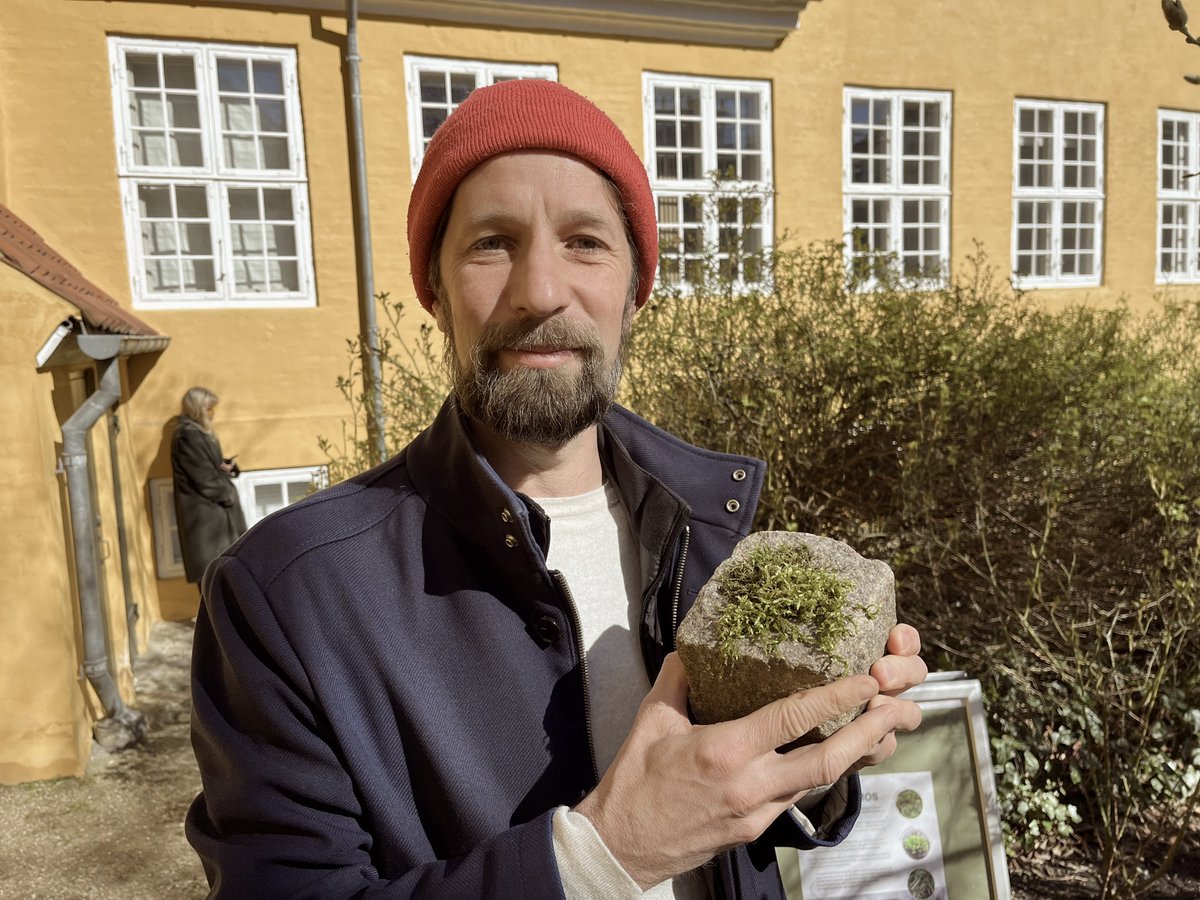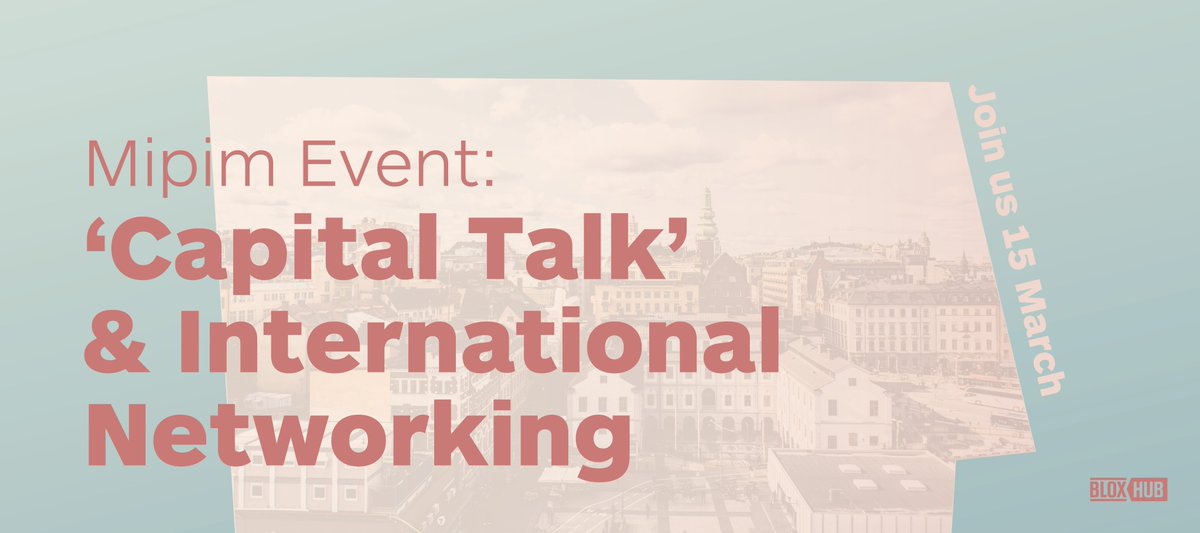BLOXHUB Summer School module I – by SDU & Aalborg University
The summer school has ended. You can check out the Executive Summary here.
Today over 50% of the world population lives in urban areas, and cities account for 60-80% of global energy consumption and the same level of greenhouse gas emissions, producing 50% of global waste, consuming 75% of natural resources, and producing 80% of global GDP. Cities and their populations are vulnerable and increasingly exposed to rapid and slow on-setting climate and environmental disasters, which frequency and intensity are growing exponentially. Cities are also major centers of economic activity, social life, and culture, innovation and knowledge-creation.
Urban resilience aims at increasing the ability of urban systems, to respond systemically and dynamically to present and future shock and stresses related to major global challenges as unsustainable development patterns, rapid and unplanned urbanization, climate change mitigation, and adaptation.
Urban resilience is instrumental to address both causes and effects of these major global challenges, re-thinking the way in which cities are designed, planned, and managed, at the same time fostering innovation.
The scientific research on urban resilience has been exponentially growing in the last decade, parallelly a growing number of cities worldwide started developing resilience-related plans and actions, following the recommendations and prescriptions national and international policies, as Sustainable development Goals, Paris Agreement, New Urban Agenda and Sendai Framework for Disaster Risk Reduction.
The key challenge for urban resilience is to co-develop and harmonize scientific and practice-led knowledge to support informed and science-based decision and policymaking, to enable our cities to evolve and innovate.
The summer school will bring together researchers, practitioners, and policymakers, during an intensive eight days course from 12-19 September 2019 in Copenhagen.
The summer school aims at providing multi-disciplinary knowledge and perspectives on the different global and local challenges in cities of the Global South and the Global North.
Through lectures and problem-based workshops using Copenhagen’s real-life experience and challenges as a living laboratory, the participants will also gain the necessary skills and knowledge to develop informed policies, strategies, plans, and solutions for urban resilience.
Read & download the call for participation here.
COURSE DESCRIPTION
- The BLOXHUB Summer School on Urban Resilience will bring together researchers, practitioners, and policymakers during an intensive eight days course from 12-19 September 2019 at Bloxhub in Copenhagen. The summer school aims at providing the participants with the latest knowledge on urban resilience research, practice, and policies through lectures; and to co-develop their skills and knowledge on planning for urban resilience using Copenhagen’s real-life experience and challenges as a living laboratory, through problem-based workshops.
The summer school goal is to bring together multi-disciplinary knowledge and perspectives, from science and practice, on the different global and local challenges faced by cities, and to provide a process design methodology and the necessary skills to developed informed policies, strategies, plans and solutions for urban resilience, that can be later used in the specific context of work of the participants.The lectures will provide an overview on major international policies in relation to urban resilience (Sustainable Development Goals, Paris Agreement, New Urban Agenda and Sendai Framework for Disaster Risk Reduction), key practices worldwide including those developed in the frame of major international organizations (e.g. UN-Habitat City Resilience Profiling Program, ICLEI), and the latest developments and perspectives for research.The lectures will also address key cross-sectoral and thematic issues, including multi-level governance, finance, generation of co-benefits, nature-based solutions, appropriate technology, participatory processes and stakeholder’s involvement, urban metabolism, circular economy, planning
and design.The workshop will give the opportunity to the participants to engage, through group work, with real-life problems and challenges faced by The City of Copenhagen, and to develop a strategy and action plan following a process design methodology, that includes specific methods as system analysis, forecasting, vision and backcasting of future scenarios, monitoring, and evaluation.
LEARNING OUTCOMES
The participants will develop their knowledge on:
- the basis of urban resilience science, and the development of resilience research in different disciplinary contexts;
- international policies (Sustainable Development Goals, Paris Agreement, New Urban Agenda and Sendai Framework for Disaster Risk Reduction);
- national policies regarding climate adaptation and mitigation, including urban content of Nationally, Determined Contributions and urban aspects of National Adaptations Plan and Policies;
- urban resilience practices with specific case studies from cities worldwide, including strategic plans, action plans, and technological solutions.
The participants will develop competencies on the use of:
- process design methodology for urban resilience;
- system thinking for the analysis of urban shock and stresses;
- different future scenarios methods: forecasting, visioning, and backcasting.
TARGET GROUPS
Scientist and researchers: including Ph.D. candidates, post-docs, research fellows and lecturers from universities and research organizations.
Practitioners: including policymakers, from national and subnational governments and public organizations, officers from international and intergovernmental organizations, staff from private profit, and non-profit organizations.
Participants with different disciplinary backgrounds are welcome: including engineering, architecture, planning, environmental, economic, and social sciences.
English language proficiency is required.
PRACTICAL INFORMATION
Fees
There is a fee for participants of 1400 EUR.
Successful candidates will receive information about the modes of payment once admitted.
The application fee includes:
- Site visits
- Coffee breaks
- Downloadable learning materials
- Participation diploma
- Welcome package
The application fee does not include:
- Accommodation
- Travel expenses
- Meals
- Visa expenses
A substantial fee reduction is foreseen for participants from low-income countries.
The participants shall request the fee reduction during the application. Each request will be assessed individually.
To verify your initial eligibility for the reduced fee (country classification) please refer to the World Bank Country and Lending Groups.
Application procedure
The Summer School Urban Resilience is targeted at practitioners, scientists, and researchers with different disciplinary backgrounds including engineering, architecture, planning, environmental, economic, and social sciences.
There is a limited number of places available, therefore the participants will be competitively selected according to their curriculum vitae, motivation letter, and the application form.
In order to apply, send the following documents to tek-ura@iti.sdu.dk indicating ‘Application BLOXHUB-SSUR’ in the subject line:
- Your curriculum vitae.
- A motivation letter, explaining in 300 to 500 words why you would like to participate in this summer school, how it can help your academic and professional development, as well as, what are your competencies and expertise you can contribute with to the summer school.
- The application form (download)
Please note that mandatory documents are to be uploaded as a single .pdf file.
Deadlines
The extended deadline for applications is June 23rd, 2019.
Open submission: 15 May 2019
The extended deadline for submissions: 23 June 2019
Course date: 12-19 September 2019
Course structure

The first day will start with a welcome and introduction to the summer school activities, followed by a technical visit to current resilient projects in Copenhagen and to understand the cities’ challenges.
From day 2 to 7 there will be morning lectures delivered by lead practitioners and researchers, and workgroups in the afternoon working on Copenhagen’s real-life challenges.
The last day the participants will finalize their work and present it to a panel of experts that will assess it.
The course will take place at Bloxhub, BLOX, Bryghuspladsen 8, Entrance C, 3. floor, København K
Course Dates
September 12th-19th 2019
Application Deadline
Extended deadline: June 23rd 2019






